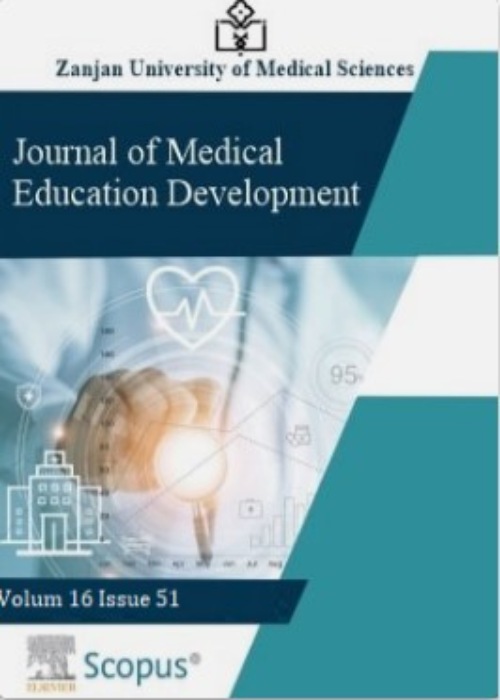Nursing students' perception of nurses' professional misconduct: A descriptive qualitative study
It is essential to identify and find solutions to reduce professional misconduct among nurses that affect the satisfaction of patients and nurses, improve the work environment, and guide educational programs. Explaining the experiences of nursing students would also help in future studies of the issue. Therefore, this study was conducted to explain the perception of nursing students towards " professional misconduct " in interaction with nurses.
This qualitative study was conducted with the conventional content analysis design from April to November 2022 at Alborz University of Medical Sciences, Alborz, Iran. The data were collected through semi-structured interviews with 15 senior nursing students who were selected by purposive sampling method. The gathered data were analyzed in MAXQDA20 software using the Elo and Kyngas inductive approach.
Data analysis led to the formation of 83 open codes, 12 sub-categories, and 4 categories (themes), namely "conscious omission", "unsympathetic atmosphere", "unfavorable environment", and "ineffective training". Recording unrealistic reports, neglecting patients and their training, and care discrimination belonged to the “conscious omission” category. Enslavement, disrespect, discrimination, lack of organizational trust, and poor interaction with the patient and family formed the subclasses of an "unsympathetic atmosphere". The "unfavorable environment" category was constituted of two subcategories of overcrowded wards and lack of facilities and equipment, and two subcategories of insufficient academic education and lack of role models were the constituents of the "ineffective training" category.
Nursing students are facing professional misconduct at the bedside. Failure to perform professional duties efficiently was the most prominent example of perceived unprofessional behavior. Despite the importance of the influence of the environment and resources in development of unprofessional behavior, the absence of ethical role models in the clinical environment was considered an extremely serious factor in the emergence and incidence of professional misconduct. The findings revealed that creating a favorable environment and continuous training in the principles of professional ethics were effective in reducing the occurrence of professional misconduct.
- حق عضویت دریافتی صرف حمایت از نشریات عضو و نگهداری، تکمیل و توسعه مگیران میشود.
- پرداخت حق اشتراک و دانلود مقالات اجازه بازنشر آن در سایر رسانههای چاپی و دیجیتال را به کاربر نمیدهد.




